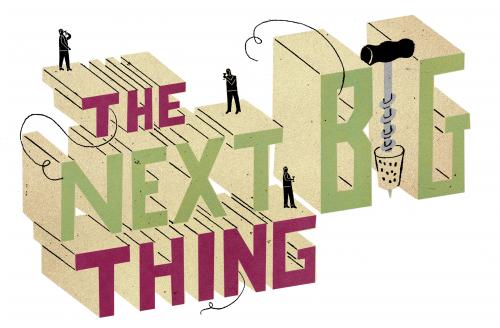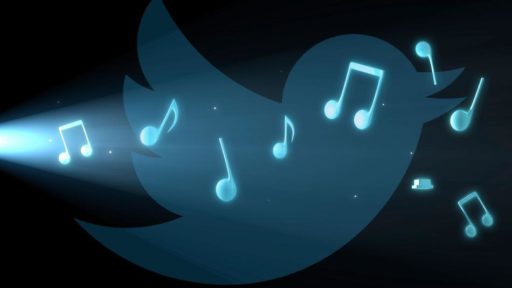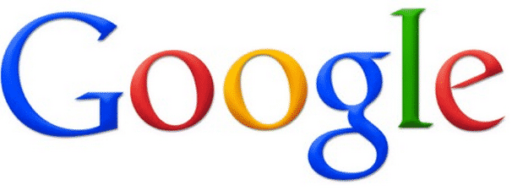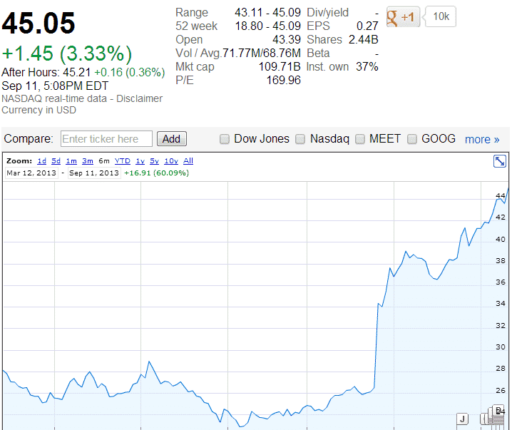Earlier today an article titled ‘Eric Schmidt Is Right: Google’s Glory Days Are Numbered’ caught my attention on TechCrunch. The author argued how Siri, a virtual personal assistant incorporated with iPhone starting from 4S generation, is going to be the next big thing on search engine business by transforming devices from “passive” participants in the search process to “active” ones. It is when I was reading that article the question hit me – what is really going to be the next big thing in the information & communications industry? Will it be the mobile apps, the cloud, the internet of things or something else?
Before making any assumptions about the future we must take a look back into the past. Let’s start our timeline from the early days of computers. The first freely programmable computer Z1 was designed from 1935 to 1936 and built from 1936 to 1938. During the 1950s, it was time for the mainframes, for which IBM was the market leader. During 1980s came the personal computers and Apple was the front runner in the early days. Then came the boom for the software, and Microsoft came into existence. After that, came the internet, and as the sea of information kept (and still keeps) increasing the emergence of search engines became inevitable. Taking its share of the glory Google became a major player. Then came the social networks and now Facebook is synonymous of it. This is the a selective version of history of information and communications industry which identifies the leading players that were born with each wave of technological changes.
If we look at it with an analytical eye, we will see some common characteristics that makes a thing ‘the big thing’.
- The big thing that can be predicted will not be the next big thing. Because it will not have the true Buddha nature. Instead, it will be not identified until it would already be obvious. For example, people didn’t understand the opportunities of search engines until Google was already the search leader.
- It will not be created by any of today’s or yesterdays big players. For example, IBM couldn’t foresee the market for software, and likewise Microsoft failed to identify the opportunities of the World Wide Web.
- It will grasp the opportunities of areas unexplored or ignored by today’s big players, and will create a thing that will bring some major changes in how things were done before. Like Google couldn’t predict the rise of Facebook.
- It will definitely create a big player in that particular field with the power to control the industry like a monopoly. It is the emergence of that ‘big player’ that will mark the opportunities of that market. And, you should take a note from history that they are not necessarily the pioneers of those fields.
Considering all this, it really seems implausible to me identify ‘the next real big thing’. I am sure that we will be naïve enough to pass away the opportunities of the next big thing like our predecessors, if it ever presents itself in front of people like us who offer tech talks about it, until some people will actually make it happen.
Image Credit Goes to wineaccess.ca





And why not include Bing in that title? The combination of voice AND visual search is fantastic. While I’ve played with Siri and found a COUPLE of aspects appealing, it’s more of a gimmick than truly functional. But that doesn’t mean it CAN’T become more useful. TellMe has been at the forefront of this long before Siri dabbled in it. And I find the visual search aspects of WP7 as compelling as voice control. In fact, so much so that I think it will be the integrated and expanded use of both that will really catapault ubiquitous access to information.
Completely missing the point